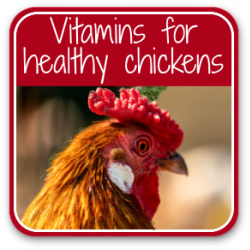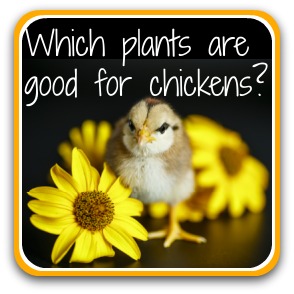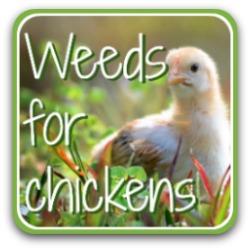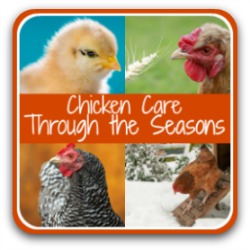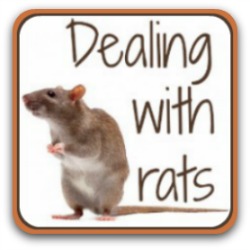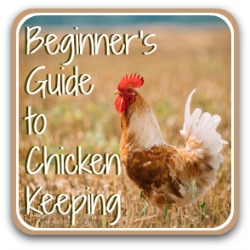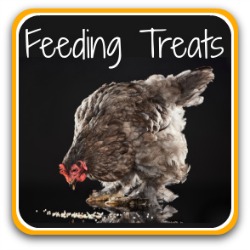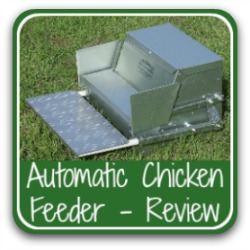- Home
- Health
Chicken health: problems and how to manage them.
From hatch to death: health problems chickens have through their lives, and what you can do about them.
Raising chickens from chick to adult and into old age should be a happy experience.
But health problems can arise at any point, and it's important to know how to spot them and what to do.
On this page, you'll find general information about all chickens, the most common issues which affect chicks from immediately after hatch, through health problems as they reach maturity, and complications that come with old age.
In the third section, you'll find links to articles which can aid chicken health.
To access any of these articles, just click on the headline or the button.
General health.
This section is related to general health issues and how we can deal with them. Start here for basic information.
How long do chickens live?
How long can we expect to have our chickens for, and what can we do to help them to have longer, healthier lives?
This article covers the difference in lifespan between wild and domesticated chickens, whether different breeds live longer lives, whether laying hens live longer or shorter lives.
It also covers the most common things chicken die of, and steps to take based on the evidence of which chickens, in which situations, lead long lives.
Animal husbandry
"Animal husbandry" is a phrase that simply means ways to keep your livestock healthy and happy.
This article covers everything from dealing with unwanted visitors in the coop - mainly rodents - to when it's necessary to isolate a chicken, to water, cleanliness, and when treats are healthy - and when they're not.
Whether you're new to chicken keeping, or you've been keeping them for generations, this article will contain tips you can action - now.
Chicks and health.
Incubating and hatching chicks can be the most amazing experience. It can also be incredibly stressful. While we all expect a perfect, healthy chick to hatch from the egg at day 21, it doesn't always work that way.
This set of articles relates to what happens when a chick hatches and needs help.
Wry neck
A baby chick with wry neck can look very scary. Their head faces the stars and they have difficulty feeding and standing.
The diagnosis of this is straightforward, as is the cure. But if it's left untreated, the chick won't survive.
It's all outlined for you in this article. Learn what it is and how to treat it before it happens to your chick.
Pasty butt
Pasty butt is another common problem when it comes to chick health. Like wry neck, it's easy to spot and easy to treat.
Left untreated, though, the chick will be unable to pass poop and will die.
It doesn't take any special equipment to deal with this, and there are easy ways to stop it happening in the first place.
It always pays to know what to do before you have to do it. Use this article to reference what you need to know.
Adult chicken health.
As chicks become adults, a different set of problems awaits. These articles refer to those issues and how to manage them.
Red mite
Red mite - one of the most prolific of all insects that can invade a chicken coop, and one of the most difficult to get rid of.
This article discusses how mites can affect chickens' health, how to spot an infestation, and how to deal with it.
Leaving mites to pester your chickens can lead to serious problems. Find out how to manage them, now.
Flystrike
One of the most dangerous of chicken health problems, fly strike will kill your flock unless you catch it early.
This article covers what causes it, how to spot it, how to deal with it if you do and has a related article about how to prevent it in the first place.
As with most things, planning is everything. Learn about it now so you're ready if it happens to your flock.
Feather loss
One day your chickens look perfectly healthy.
The next, they're almost bald and your run looks like someone emptied a feather pillow into it.
This article examines seven reasons why chickens loose their feathers, shows examples using photos, and offers solutions for each.
Bird flu
Avian influenza was first identified in the early 1900s, and in 1983 spread to the chicken population, leading to millions of chickens having to be culled to prevent its spread.
Transmitted mainly from wild waterfowl and birds to the chicken population, it's important to know how to prevent it happening within backyard flocks as well as commercial farms.
In some countries, it's a notifiable disease. Find out about the disease and how to protect your chickens' health in this article.
Things that help chicken health.
Each of my topics about problems with chickens health also contain steps to take both to prevent and to treat them.
In addition, we can all take steps to make sure our chickens are kept in good health. The following articles contain general information about how to make sure your chickens are as healthy as possible, to counter any problems which may come their way.
Vitamins and minerals that are essential for chicken health
An easy-to-access table of ten essential vitamins and minerals which are essential to the health and well-being of your flock.
This list is based on over 25 researched, peer-reviewed articles to provide you with a safe, reliable source.
Includes signs of deficiency, natural sources for each one – and one mineral your chickens do not need more of!
What to do when your chickens get bored
There are times when chickens need to be confined for their own health - in extreme weather conditions, for example, or during outbreaks of Avian Influenza.
It's important to know how to avoid boredom creating behavioural problems during those times.
This article has 25 DIY ways to keep chickens entertained.
Chicken health check
This article provides a complete check of a chicken's health, from top to toe.
It describes symptoms to look for, what to do about them, and how to prevent your flock becoming ill in the first place.
This article comes with a downloadable checklist for those in my weekly digest group.
Biosecurity
Preventing the spread of disease is now more important than ever.
This article examines what biosecurity means, and why it's important.
It then outlines eight specific steps you should take to make sure your flock is kept healthy, happy and free from disease.
First aid kit
Chickens can become ill very suddenly. You need to be prepared in advance.
This article lists all you need for a first aid kit for chickens which will cover all the more common chicken ailments. Complete with a free downloadable checklist, it deals with everything from external treatments, to medicines and pick-me-ups, to the equipment you'll need to administer them.
One of the main strengths in beating chicken illness is being prepared when it happens. Don't leave it till it's too late. Build your kit now.
How to free range your chickens
Thought about free ranging your chickens but not sure if it's a good idea?
This article summarises several research papers to look at the differences between free ranging and confined chickens.
It examines the pros and cons of free ranging, and its effects on the chickens' health and well-being, the quality of their eggs and the consequent benefits for you and your family.
Also covering how to make "enriched" pasture possible and why you should, even if you have a small space.
Plants!
Some of the best natural remedies for chicken health can be taken straight from your garden.
Everyday plants have been proven to have numerous benefits, including boosting the immune system, lowering cholesterol levels in eggs and keeping flies away from the coop.
This article explains which plants to use for which benefit, and how to grow them whether you have a huge garden or a tiny plot.
Weeds!
It's not only plants that can be found from the garden which can help keep your flock healthy.
Several common weeds also have amazing health benefits, boosting the immune system and helping your chickens stay disease free, even in the colder, wetter months.
This article covers the most beneficial, including photos so you can easily identify them.
Vegetables!
Vegetables: one of the most nutrient-rich sources of food for chickens.
But which are proven to be the best? Which contain the most vitamins and minerals, and are there any that should be avoided?
This article answers all those questions and explains the best ways to make sure your chickens get the optimum benefit from each one.
Apple cider vinegar and its benefits for chickens
There are many claims on blogs and forums about the amazing benefits of apple cider vinegar (ACV) for chickens. But are they true?
This article examines the claims, and assesses whether or not proper, scientific studies have shown them to be true.
It also details the correct dose, how often to offer it and why metal containers are not a good idea.
Electrolytes
Good for weak or sick baby chicks and adults alike, electrolytes are also a must-have in the summer months to ensure chickens keep well hydrated.
This article explains why they're important, when they're best used and how to feed them.
It also contains a simple, home made recipe you can put together from items in your store cupboard.
Diatomaceous Earth
Diatomaceous earth is one topic which can cause intense debate amongst backyard chicken keepers. It's seen as both a bonus for, or a risk to, chicken health.
This article covers the basics from what diatomaceous earth is through the risks and benefits, and finally how it is best used in the chicken coop to maintain the safety of both your flock and yourself.
Whether you use it or you're considering using it, you'll find information here to ensure you use it safely.
When chickens need solitary confinement
Chickens are very sociable creatures, but there are times when they need to be placed in solitary confinement for their own health and safety. You need to plan for that happening before it does.
This article reviews when it's not good to isolate a chicken, when it's absolutely critical that you do and when separation, rather than complete isolation, is in order.
It also considers practicalities: what's the best container to use for a sick or injured chicken, where's best to place it and what a lone chicken needs.
Other pages you may find useful.
- Home
- Health









